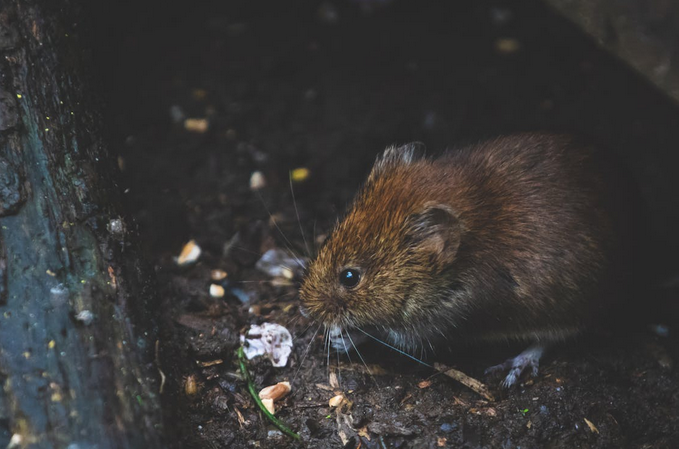
Rodent Control at Home: Keeping Mice and Rats Out of Your Living Spaces
Rodents like mice and rats are unwelcome guests in any home. Not only can they cause damage to property and contaminate food, but they also pose health risks to humans. Effective rodent control is essential to maintain a clean and safe living environment. Bed bugs are tiny, nocturnal insects that feed on human blood and can be challenging to detect and eliminate. In this article, we’ll explore strategies for keeping mice and rats out of your living spaces in a friendly and informative tone.
Understanding the Threat

Mice and rats are notorious for their ability to squeeze through tiny openings and thrive in various environments. They can enter homes through gaps in walls, floors, ceilings, windows, doors, and utility pipes. Once inside, they seek food, water, and shelter, often nesting in hidden areas such as attics, basements, crawl spaces, and wall voids. Understanding the threat that rodents pose is the first step in effective rodent control.
Prevention Tips
Preventing rodent infestations starts with eliminating entry points and denying rodents access to your home. Yes, you can also choose to hire bed bug detection dogs & extermination in New York City, but there are some preventive measures you can take.
- Seal Entry Points: Inspect your home for cracks, gaps, and openings that rodents can use to enter. Seal gaps around pipes, vents, utility lines, doors, and windows with caulking or steel wool.
- Trim Vegetation: Keep vegetation trimmed and away from the exterior of your home. Overgrown bushes, trees, and shrubs can provide hiding spots and pathways for rodents to access your property.
- Secure Food Sources: Store food in airtight containers and avoid leaving food crumbs or spills unattended. Keep kitchen counters, floors, and dining areas clean to eliminate food attractants for rodents.
- Proper Waste Management: Dispose of garbage regularly in sealed bins, and keep outdoor trash cans secured with tight-fitting lids. Rodents are attracted to food waste and garbage bins left open.
- Maintain Cleanliness: Keep living spaces, storage areas, attics, and basements clutter-free and well-organized. Remove piles of debris, old newspapers, cardboard boxes, and unused items that rodents can use as nesting materials.
DIY Rodent Control Methods
If you suspect rodent activity, there are DIY methods you can try to control the problem:
- Traps: Place snap traps or live traps in areas where rodents are active, such as along walls, near entry points, or in dark corners. Check traps regularly and dispose of captured rodents humanely.
- Rodent Baits: Use rodent baits or bait stations strategically placed in areas frequented by rodents. Follow manufacturer instructions carefully and keep baits out of reach of children and pets.
- Natural Repellents: Consider using natural repellents like peppermint oil, mothballs, or ultrasonic devices to deter rodents from entering your home. However, keep in mind that these methods may have limited effectiveness and should be used in conjunction with other control measures.
Professional Rodent Control Services

For severe or persistent rodent infestations, seeking professional rodent control services is recommended. Pest control professionals have the expertise, tools, and knowledge to assess the extent of the infestation, implement targeted treatments, and provide long-term solutions to keep rodents out of your living spaces.
Rodent control at home is essential for maintaining a healthy and pest-free environment. By understanding the threat of mice and rats, implementing preventive measures, monitoring for signs of rodent activity, and using appropriate control methods, you can effectively keep rodents out of your living spaces. Whether through DIY efforts or professional assistance, taking proactive steps toward rodent control ensures a safe and comfortable home for you and your family.


